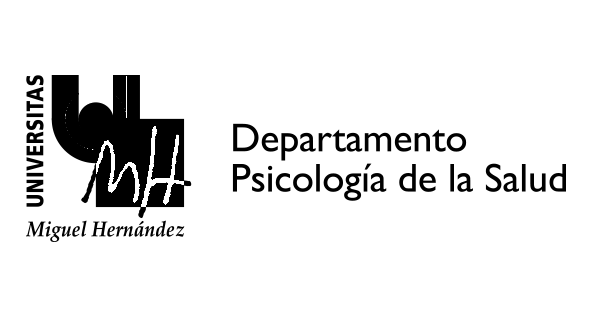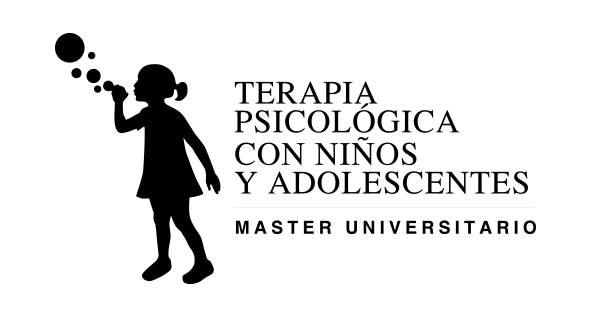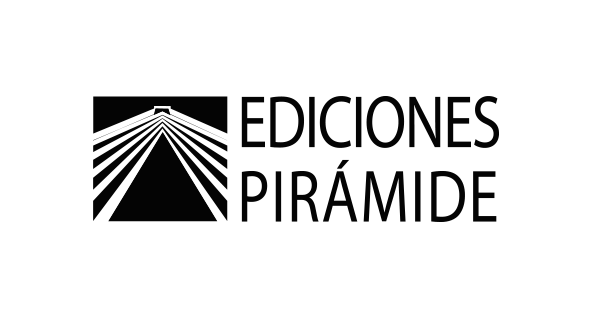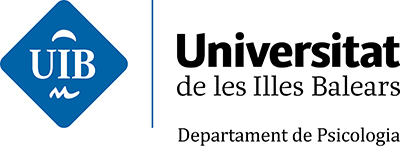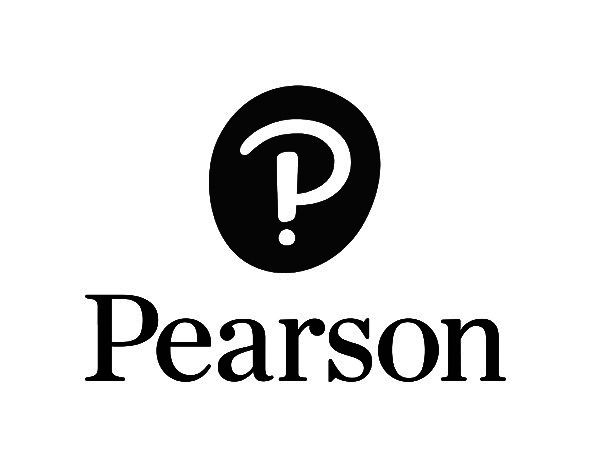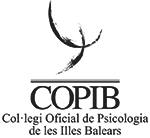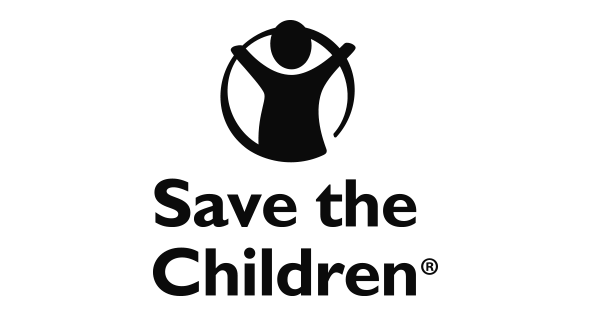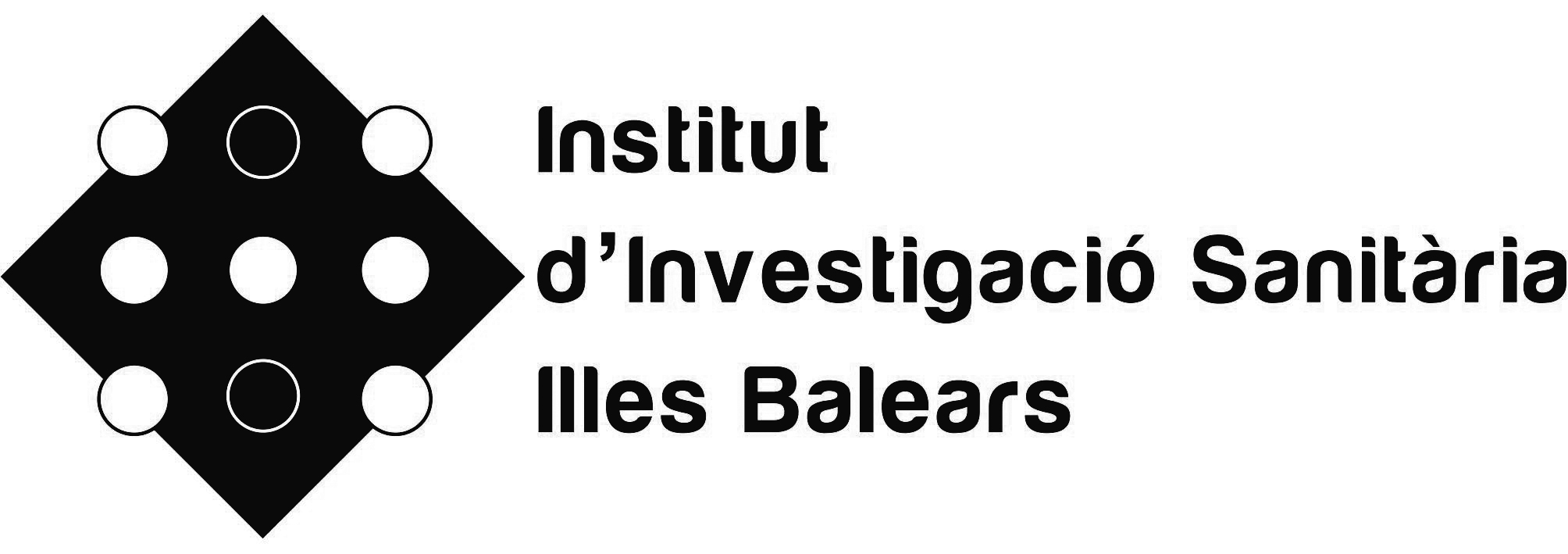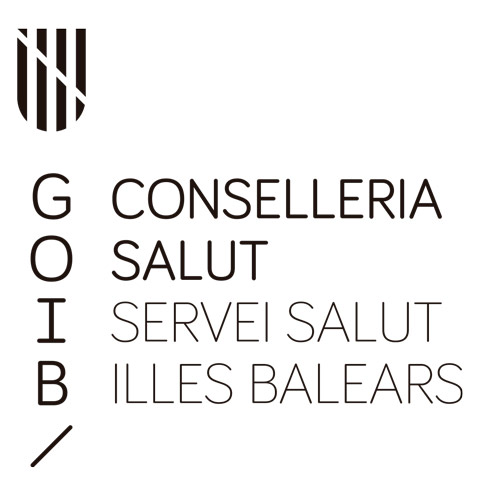Laura López
University of Santiago de Compostela, Spain
ADVANCES AND PERSPECTIVES IN THE STUDY AND ASSESSMENT OF PSYCHOPATHIC PERSONALITY IN CHILDHOOD AND YOUTH
Abstract
The interest of the study of the psychopathic personality in childhood and youth has grown for researchers and clinicians, not only as a way to deepen the precursors of adult psychopathy, but also for their ability to identify a high risk group among children and adolescents with behaviour problems. Psychopathic personality has been defined as a combination of affective traits (e.g., emotional hardness), interpersonal (e.g., manipulation) and behavioral (e.g., impulsivity); but when we refer to the infant-juvenile population, affective traits (ie, hardness and emotional insensitivity or CU traits) have taken up much of the attention, leading to the introduction of the specifier “with limited prosocial emotions” (LPE). ) for the dissocial disorder (DSM-5). Taking into account the multitude of questions that remain to be resolved in this area, the objective of this symposium will be to show the advances in the study and evaluation of the psychopathic personality in general (Communications 1-2) and the emotional hardness in particular ( Communications 3-4). Specifically, Communication 1 will analyze the relationships that exist between psychopathic traits and the presence of externalizing / internalizing symptoms in children from 8 to 10 years old. In Communication 2, will be considered the mediating role that psychopathic traits have in predicting various types of problematic behavior in the preschool population. Communication 3 will try to deepen the understanding of emotional hardness through the study of the look in young people with psychopathic features. Finally, Communication 4 will present a new and promising instrument for assessing emotional hardness in the adolescent population. All in all, the results of this symposium will make it possible to advance in the knowledge of a key construct for the understanding and management of the most severe and persistent patterns of problematic infant-juvenile behaviour.
Laura López-Romero is Doctor in Clinical Psychology and Psychobiology from the University of Santiago de Compostela, and she is researcher at the Research Unit on Risk Behavior and Development Disorders (UNDERISK). She is currently working in collaboration with the Center for Criminological and PsychoSocial research (CAPS) of the University of Örebro. Her line of research has focused mainly on the development of behavioural problems, in particular in the identification of developmental trajectories from childhood to adolescence, taking into account the influence of several individual and contextual factors. These include personality variables such as psychopathic traits (emotional hardness, narcissism, impulsivity) and the role of family variables, specifically, parental educational styles and practices. This line of research has led to an important scientific production, with articles published in journals of national and international impact, most of which have focused on the development of behavioural problems and psychopathic personality in childhood and adolescence . It also allowed her to present more than 40 papers in multiple congresses organized by scientific societies of national and international relevance (ISSID, EFCAP, ECP, AITANA, SEIC). Likewise, she has participated in various R + D projects financed in public calls of regional and national scope. She is currently developing part of her research work in the project “Patterns of development of behavioural problems in childhood: Towards a preventive intervention in a high risk profile”, which starts the ELISA project (Longitudinal Study for a Healthy Childhood). She has received the Novel Investigator Prize 2011, awarded by the Spanish Society of Criminological Research and she is a reviewer of scientific articles for journals such as Journal of Psychopathology and Behavioral Assessment, Child Psychiatry and Human Development, or The Spanish Journal of Psychology.




